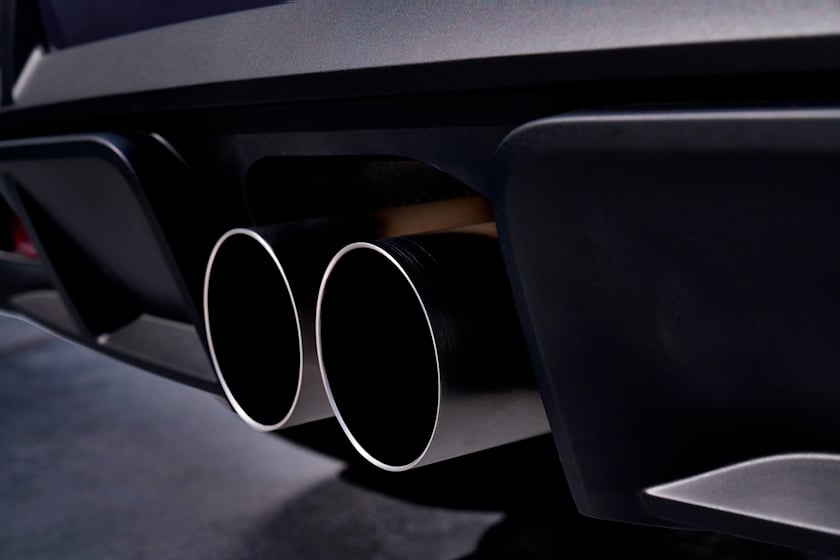If your brakes vibrate when you engage them, it could mean there is something seriously wrong with your car.
Most car owners who drive on a daily basis are able to tell when something goes wrong with their vehicles, with any sound, feeling, or smell that is out of the ordinary helping to point out that something is awry. When it's something jarring, such as when your car shakes when braking force is applied, we generally tend to assume to worst. Whether you're soaring down the highway in your BMW 3 Series or doing the school run in your Ford EcoSport, the feeling of a shudder through your steering wheel brake pedal vibrating is most disconcerting. There could be any number of reasons for a vehicle shaking when braking, so learning how to spot the symptoms and what they mean will be essential in keeping you and your passengers safe.
There are a variety of reasons for a car shaking when braking, and not all of them have to do with the actual braking system. There may be an underlying problem with the engine, or the tires might be improperly balanced. It helps to properly examine the symptoms of any vibration when braking, and exactly how and where the brake shudder can be felt. Sometimes, the fix is not the brakes, at all.
Shaking and shuddering can be felt at different points in your drive, and depending on when this symptom manifests, could be related to anything from worn tires to something more serious.
If you experience shaking from your car in the following scenarios, read on:
If your car is shaking constantly while driving or just idling, then the problem is probably not in the braking system. Some vehicles like pickup trucks have a natural level of vibration when running because of their body-on-frame construction. But for other cars, such as crossovers and sedans, there shouldn't be any noticeable shaking or shuddering as a matter of course. If you do experience this, here are some likely culprits:
On the other hand, shaking can occur during times of deceleration, such as:
If your car shakes when pressing the brakes, then you can almost be certain the problem lies in the braking system. However, the exact cause may still be uncertain, and a closer examination will be needed. It is worth remembering that, under extremely heavy braking, modern ABS brakes rapidly pulse to prevent the system from locking up, and that is how they are supposed to work. We cover ABS braking extensively here. In most other situations, the likely culprits are:
When you suspect that there is something wrong with your car, you should always get it checked by a professional mechanic. They may simply recommend that you replace your brake pads, but if the problem runs deeper, the rotors may need replacing, too. Of course, it may be as simple as realigning the wheels, if that is the cause of the problem.
As the old adage goes, prevention is better than cure, so ensuring your car is well maintained and driven with care will go a long way to preventing issues such as these. Tips for increasing the longevity of your brakes include driving cautiously with less intense braking, slowing down way in advance, and increasing following distance between you and cars ahead of you.
Some of the signs and symptoms of worn brake pads include a vibrating brake pedal when braking, coming to a stop taking longer than usual, and hearing a clicking, squealing, or metal-on-metal scraping when you brake. You can have a professional evaluate how much life is left on your brake pads, although you can conduct a visual inspection yourself to see if the pads are thinned or still within limits.
It is definitely a cause for concern. While the problem is usually easily fixed, it can be dangerous if left unattended. It hinders your ability to control your vehicle properly, and there is always the risk of the brakes seizing up for failing entirely, which could lead to an accident. If the problem is not related to braking, you may even have bigger concerns. Always seek professional assistance to diagnose the issue.
If the source of the problem is worn down brake pads, they can be easily replaced at your local autoshop. Alternatively, the rotors may just need to be shimmed or resurfaced, which can even be a DIY job if you have the necessary know-how. If the issue pertains to wheel alignment, your local tire shop should be able to assist.
The cost to just replace the rotors should be somewhere in the area of $40 to $80 per rotor, and around $150-$200 for labor per axle. However, it is often advised that you replace the brake pads at the same time, which can push the price up substantially.



